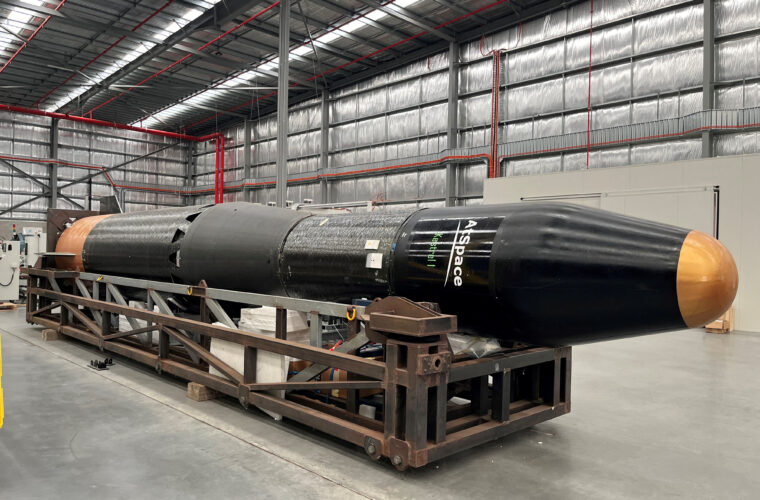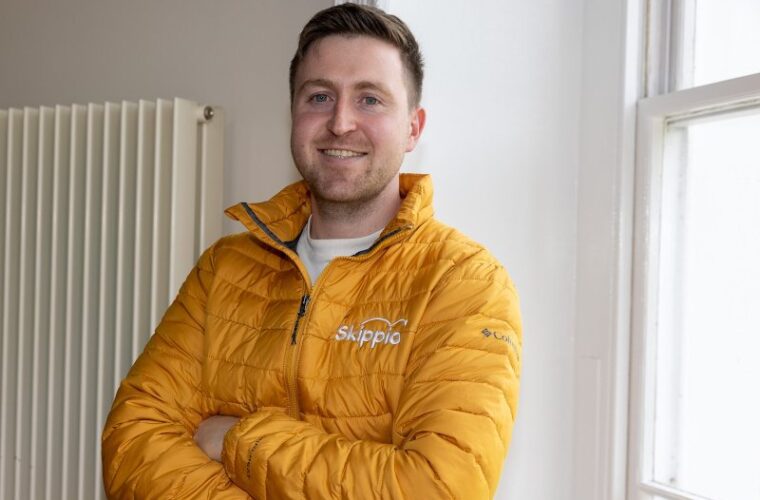Despite the record-breaking growth in European venture capital in 2021, women founders are still no closer with getting a bigger slice of that pie.
Low investment figures, low percentages of female VC, and small purses for female VC, all lead to this embarrassingly low support of female founders in Europe.
Over €100B was invested in one single year in European start-ups, creating almost 100 unicorns in the region and contributed to a strong start-up pipeline going into 2022.
Comparing 2021 to 2020, there has been hardly any change in the percentage of funding that is raised by all-male founding teams, all-female founding teams or mixed gender founding teams.
To address this European Women in VC commissioned IDC to analyse the female funding gap on both funders and founders level in the very first truly Pan-European report (covering EU 27 + UK) providing a survey and data based overview of gender diversity across the European VC sector.
According to the report, the funding gap for female founders remains largely the same as in the previous years even though capital deployed to mixed founding teams increased slightly. In 2021, female led start-ups raised just 1,8% of investment in Europe.
In case you think that figure is a typo, sadly it is not.
“The problem is systemic, thus we must search for holistic solutions. Capital imbalance is not only visible at start-up level, it exists across the entire value chain and must be tackled from the top of capital flows.”
“We need more capital for female led funds and female GPs on the fund management level. This is a solution for more venture money to reach female founders and in general to better address impact and smart investing,” says Anna Wnuk, Head of Community of European Women in VC.
With such a low amount invested in our female founders, it should come as no surprise that the imbalance comes from the top down. The combined desk and survey research of over 400 venture firms managing each at least EUR 25m in AUM, indicates that on average 85% of VC General Partners are male, 15% female.
“The report shows that female founders are driving positive impact in critical verticals across the ecosystem, such as education, sustainability, and healthcare. At the same time female investors are more likely to back up these women-led businesses,” stated Michał Kramarz, Head of Google for Startups, Central Europe.
Analysing actual investment power (firepower) shows that female GPs have less investment power (9%) of the total AUM versus 91% of the male GPs of the total AUM, indicating that females tend to be GPs at smaller funds.
“The strong emergence of bio-tech and life science funds of a significant size, in certain parts of Europe, is the early sign of progress in bringing more capital to the hands of female investors and creation of diverse investment teams,” says Kinga Stanislawska, co-founder of European Women in VC.
“If this segment of funds was removed from the analysis, the picture of European VC management will show significantly a lower result for female presence across general partnerships”
Although the survey results indicate that women are largely present in junior investment positions and so seem to show an increasing interest in entering the world of VC, the employment pyramid is steep, and the women drop off on the way to Partner level. The funds that women raise, and lead are also on average smaller in terms of AUM.
“The current situation in which we invest in a homogeneous group of entrepreneurs is problematic. We do not only leave a lot of opportunity on the table, but a lot of unused potential as well. We need to create a level playing field with equal opportunity for everybody,” says Corinne Vigreux, founder of TOMTOM.



